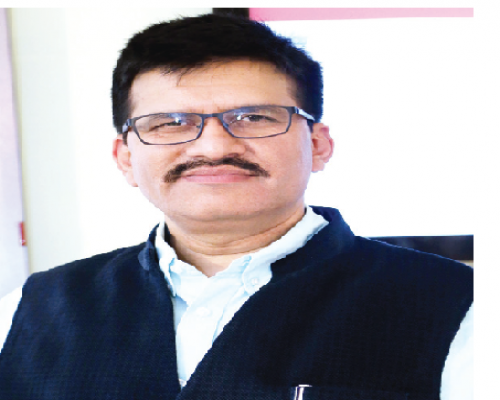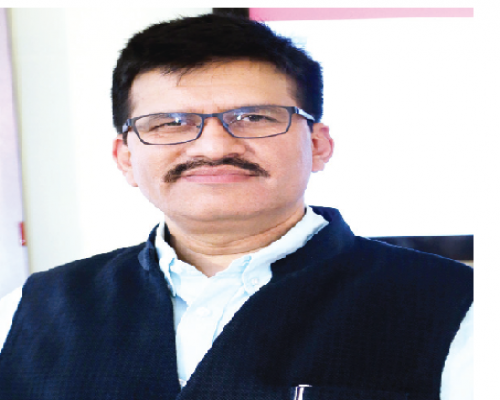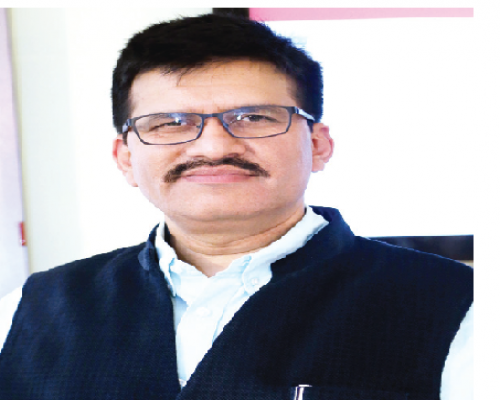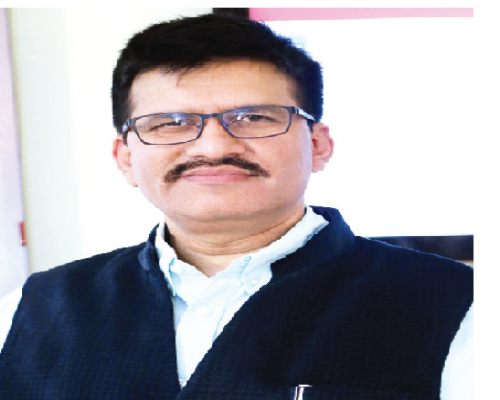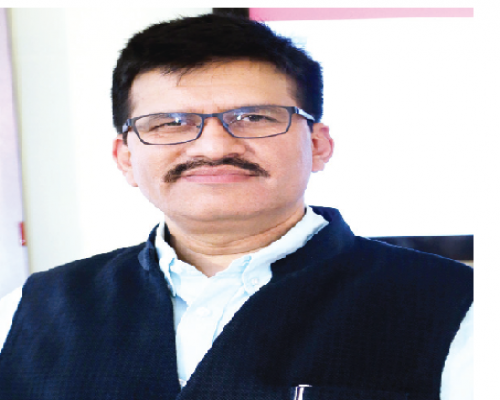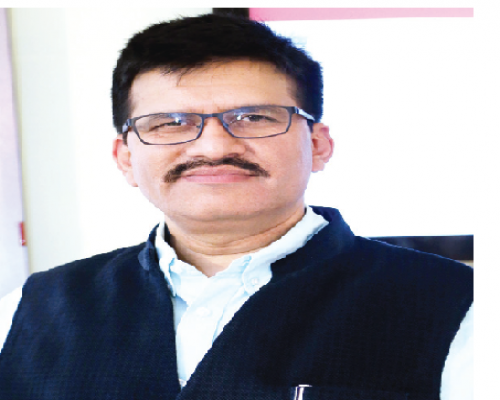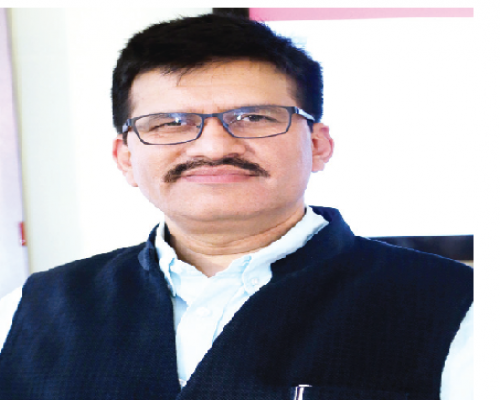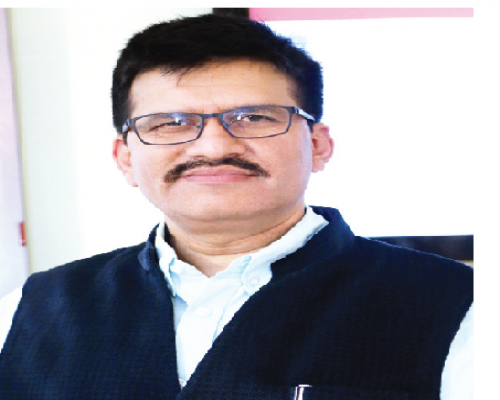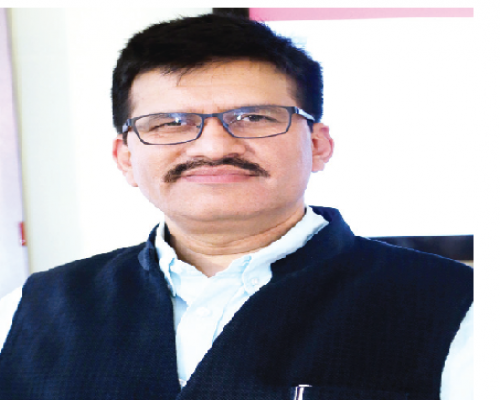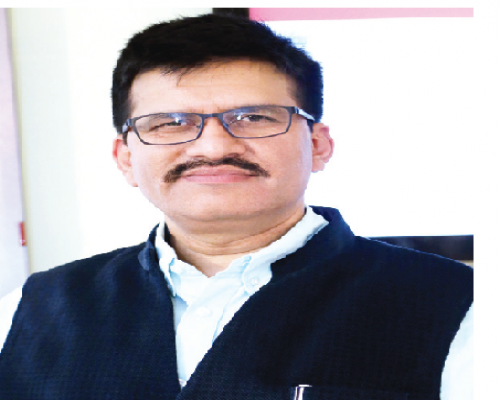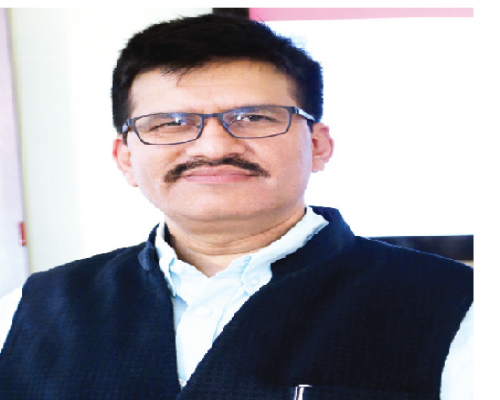The Enemy Must Not Sleep in Peace Anymore

The cowardly terrorist attack in Pahalgam, where Hindu tourists were singled out and mercilessly killed, has once again exposed the brutal face of Islamist extremism operating from across the border and fueled by Pakistan’s long-standing terror machinery. While the country mourns, it must also awaken — not just emotionally, but strategically and politically.
This is not an isolated event. It echoes the 2013 Pahalgam killings and the 2016 Uri attack. Time and again, India has been forced into mourning its own people, while the perpetrators—both direct and ideological—continue to exploit our restraint. The question now staring us in the face is: how long will we let the enemy dictate the narrative of terror and bloodshed?
Pakistan’s duplicity is no secret. While pretending to advocate peace on global platforms, it continues to nurture terrorist camps, fund radical elements, and allow its soil to be used against India. But the blame must also fall on us — for allowing it, for hesitating, for not acting decisively. When the enemy is determined to disturb our peace, we cannot afford the luxury of silence or diplomacy alone.
Equally concerning is the selective silence of intellectual and political voices who are quick to decry violence in certain contexts but vanish when Hindus are the victims. Terrorism should evoke universal condemnation. Yet, in our fragmented socio-political discourse, such objectivity seems to be fading.
The Indian public, however, is not silent. The nationwide protests following the Pahalgam attack show that people are not just grieving — they are demanding accountability. They are demanding a response that goes beyond diplomatic notes and candlelight vigils. From Ghaziabad to Mumbai, voices are rising with one firm message: the nation must no longer tolerate terror in the name of restraint.
It is time to revisit our policies, our tolerance, and our belief in passive resistance. This is not just about border security or Kashmir. This is about national integrity and the safety of every Indian citizen, irrespective of region or religion.
The government must act — not in isolation, but in unity with all stakeholders: defence forces, intelligence agencies, state administrations, and the citizenry. The enemy must be made to understand: India will not be a soft target anymore.
Because if we continue to mourn without action, we embolden those who plan the next attack. And if we continue to tolerate the intolerable, we risk becoming complicit in the slow erosion of our national security.
In the memory of those innocents lost in Pahalgam, India must rise — with resolve, with clarity, and with the courage to ensure that the enemy shall no longer rest in peace.
Satendra Singh
By the Editor-in-Chief







